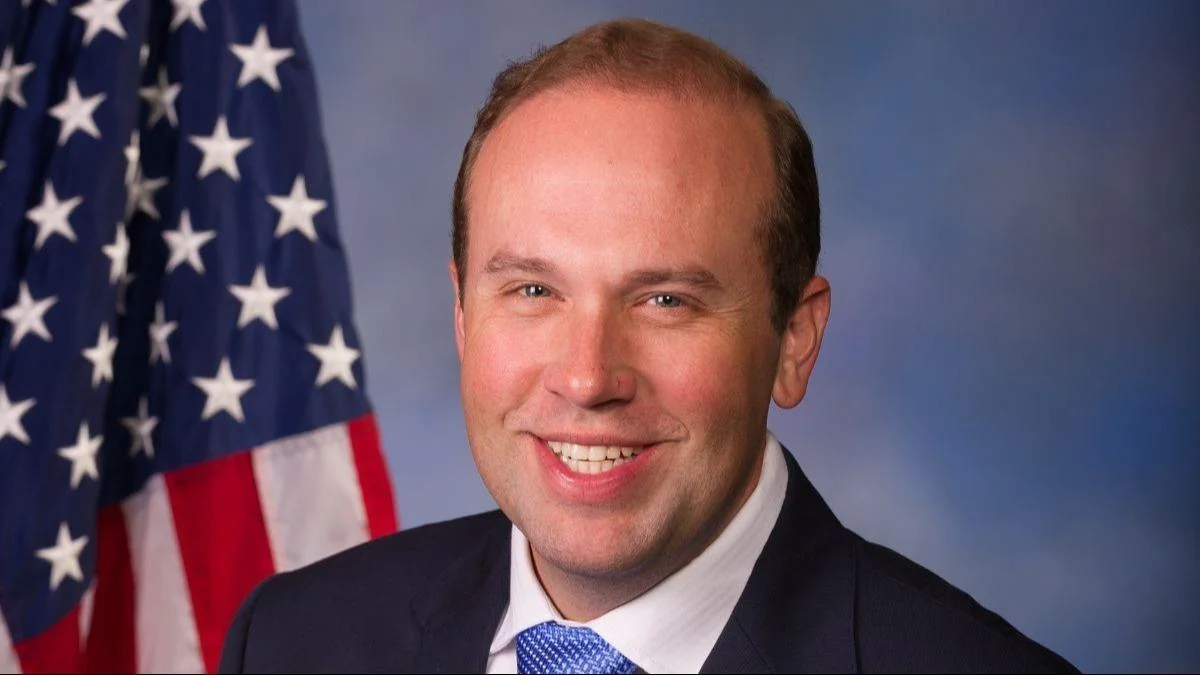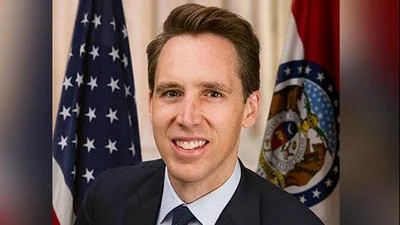Rep. Jason T. Smith, U.S. Representative for Missouri's 8th District | Congressman Jason Smith Official U.S. House headshot
Rep. Jason T. Smith, U.S. Representative for Missouri's 8th District | Congressman Jason Smith Official U.S. House headshot
Two years after the Biden-Harris Administration allocated $80 billion to the IRS, concerns are mounting over increased audits on middle- and low-income taxpayers. A recent watchdog report highlights a lack of planning to protect these groups from additional scrutiny.
"Middle-class families and small businesses are terrified of the audits funded by the Biden-Harris Administration’s $80 billion windfall to the IRS, and the only reassurance they’ve been given has turned out to be an empty promise," stated Ways and Means Committee Chairman Jason Smith (MO-08). He noted that despite assurances to Congress that audits wouldn't increase for those earning less than $400,000, there is no concrete plan in place to prevent such audits.
The Biden-Harris Administration had pledged that new IRS resources would not target small businesses or households below the $400,000 income threshold. However, projections suggest an additional 700,000 audits could occur for Americans earning under $75,000 annually. The Treasury Inspector General for Tax Administration (TIGTA) found that definitions and audit rate calculations necessary for compliance with this pledge remain unfinalized.
Furthermore, TIGTA reported that neither the Treasury Department nor the IRS has defined "small business," leaving 33 million U.S. small businesses vulnerable to increased scrutiny. Married couples also face potential tax penalties without specific protections if their joint income exceeds $400,000.
Previous reports indicated challenges in implementing the funding directive. In January 2023, TIGTA noted difficulties in defining income levels and historical audit metrics. During a March 2023 hearing, Treasury Secretary Yellen acknowledged an increase in audit numbers but did not provide details on protecting middle-class taxpayers from tax hikes.
IRS Commissioner Werfel faced criticism at hearings in April 2023 and February 2024 for lacking a detailed spending plan for the $80 billion allocation while continuing to hire employees aimed at increasing audits on middle-class families.




 Alerts Sign-up
Alerts Sign-up